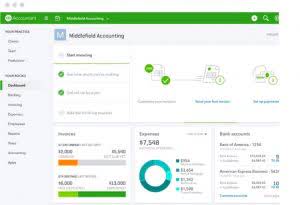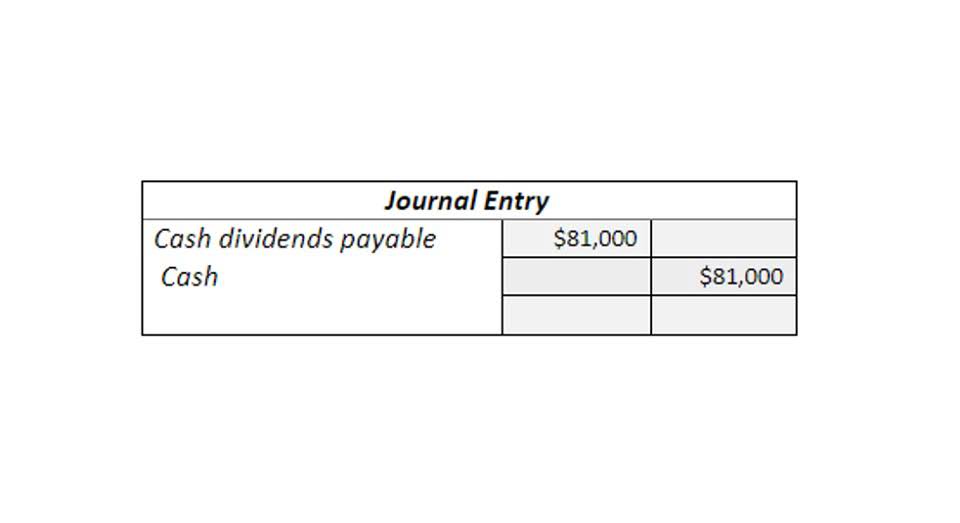
They manage accounts payable and receivable, process payroll, and prepare financial statements. They know a lot about accounting and are often the main contact for financial issues. Even https://www.bookstime.com/articles/music-industry-accounting though they are not as well-paid as accountants, full charge bookkeepers definitely earn more than regular bookkeepers. Depending on the level of education, years of experience, certifications, and additional skills, the full charge bookkeeping salary in the United States ranges from $37,770 to $47,250. Payroll software tools such as Gusto, ADP, or Paychex can enhance payroll management efficiency. These platforms automate tasks like tax calculations and direct deposits, reducing the likelihood of human error.

Outsourced bookkeeping or hire full time, which is better?

By embracing automation and leveraging technology, full charge bookkeepers can enhance their efficiency and accuracy. Outsourcing bookkeeping services offers businesses the opportunity to focus on their core functions while benefiting from specialized expertise. The rising demand for full charge bookkeepers in small businesses underscores the of maintaining accurate financial records and gaining valuable financial insights. As the industry continues to evolve, full charge bookkeepers must stay abreast of these trends to remain competitive and provide exceptional services to their clients. One of the primary obligations of a full-charge bookkeeper is to supply accurate and timely financial statements and reviews. Those include the balance sheet, income statement, and cash flow statement.
Best Practices for Full Charge Bookkeeping

Even the smallest error or omission in financial data can have significant consequences for a business. As a full charge bookkeeper, you are responsible for maintaining the integrity of financial records and ensuring that all transactions are correctly categorized and accounted for. Attention to detail helps you identify discrepancies, reconcile accounts, and avoid costly mistakes. Financial statements and tax preparation are a major responsibility Bookkeeping for Any Business Industry for a full-charge bookkeeper. The balance sheet, income statement, and cash flow statement are typically prepared in conjunction with the month-end closing. Since they are managing the accounting department, the numbers are easily translated to taxes.

D. Bank Reconciliation and Accuracy:

While certifications are not always required, they can significantly enhance your credibility and open doors to better job opportunities. The income statement shows the company’s revenue, expenses, and net profit or loss over a specific period. It provides valuable insights into the company’s profitability and helps identify areas for improvement or cost-saving measures. Discover the benefits, costs, and how to choose the right outsourced bookkeeping service for your business in this comprehensive guide. When picking between in-house and outsourced trial balance bookkeeping, think about what your business needs and has. Both options have their benefits, and the right choice can greatly affect your finances.
Responsibilities
- Generally speaking, accountants analyze the financial data gathered by bookkeepers.
- Many small businesses operate on thin margins, and the financial acumen provided by a full charge bookkeeper can often make the difference between success and failure.
- Creating a budget involves outlining expected income and expenditures, which requires a comprehensive understanding of the organization’s financial landscape.
- This process involves comparing the company’s recorded transactions with the bank’s records to ensure accuracy and identify any discrepancies.
- Their responsibilities span from recording financial transactions to generating accurate financial statements.
By ensuring the accuracy of financial data, full-charge bookkeepers provide business owners and management with a clear view of the organization’s financial position and cash flow. A full charge bookkeeper takes care of managing your accounts receivable and payable, reconciling bank statements, and generating financial statements. They can also help you develop budgets, track cash flow, and provide valuable insights into your financial performance. By delegating these tasks to a professional, you can ensure that your financial records are accurate and up to date while focusing on the areas of your business where you can make the most impact.
